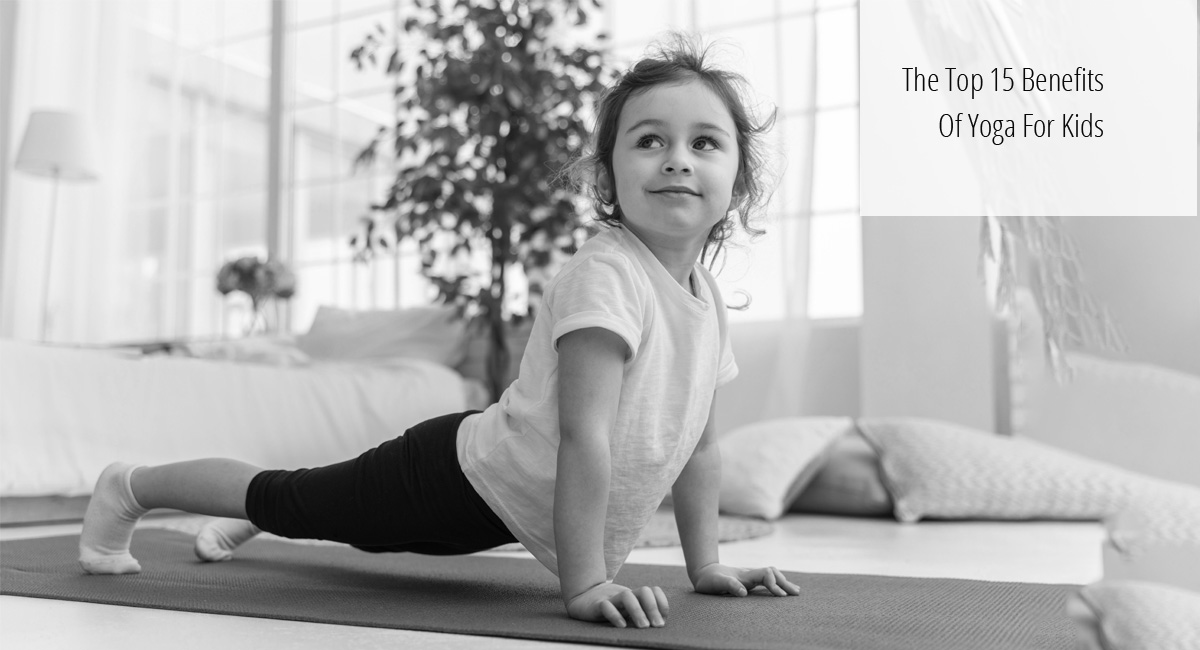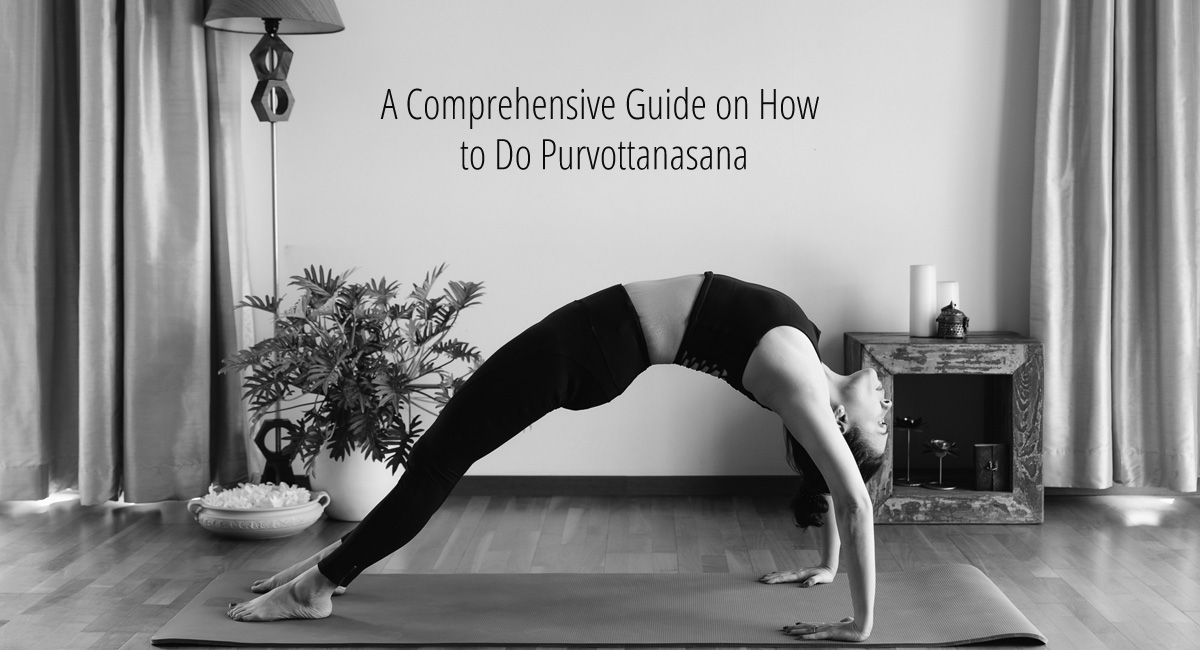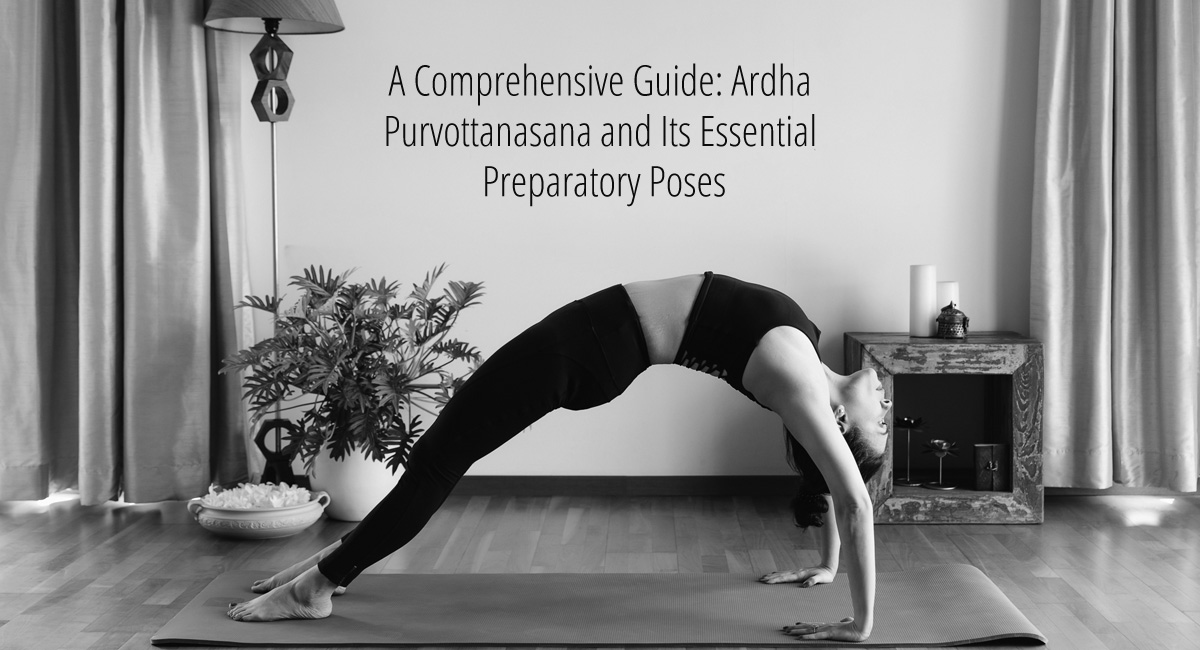
The Top 15 Benefits Of Yoga For Kids
Table of Contents
What is Yoga?
Yoga is an ancient practice that originated in India and involves a combination of physical postures (asanas), breathing exercises (pranayama), and meditation. It promotes physical, mental, and emotional well-being, and is suitable for individuals of all ages and fitness levels.
Why Is Yoga Beneficial For Kids?
Yoga offers numerous benefits for kids, as it supports their physical development, enhances their mental and emotional well-being, and fosters self-awareness and self-esteem. It provides a holistic approach to health and wellness, helping children cultivate mindfulness, body awareness, and emotional regulation skills.
15 Benefits of Yoga for Kids
1. Improved Flexibility
Regular yoga practice helps children improve their flexibility by stretching and lengthening their muscles. This increased flexibility not only supports physical activities but also reduces the risk of injuries.
2. Increased Strength
Yoga poses require the engagement of various muscle groups, leading to increased strength and muscle tone. Strong muscles help children with everyday activities and support their overall physical development.
3. Better Balance
Balancing poses in yoga improve children’s proprioception and equilibrium. By practicing balancing poses, kids develop better balance, stability, and spatial awareness, which can enhance their coordination and prevent falls.
4. Improved Coordination
Yoga incorporates movements that require coordination between different body parts. This enhances children’s overall motor skills and coordination, enabling them to perform tasks more efficiently and gracefully.
5. Reduced Stress And Anxiety
Yoga teaches children relaxation techniques, deep breathing exercises, and mindfulness practices that can help reduce stress and anxiety. The practice of yoga promotes a sense of calmness and inner peace, allowing children to manage stress more effectively.
6. Improved Sleep Quality
Regular yoga practice has been shown to improve sleep quality in children. The combination of physical activity, relaxation techniques, and mindfulness helps children relax before bedtime, promoting better sleep patterns and quality rest.
7. Increased Self-Esteem
Yoga encourages children to celebrate their individual strengths and abilities. By practicing yoga, children gain a sense of accomplishment, which boosts their self-esteem and self-confidence.
8. Improved Focus And Concentration
Yoga involves mindful movement and breath awareness, which helps children develop focus and concentration skills. The practice of yoga teaches children to be present in the moment, enhancing their ability to pay attention and concentrate.
9. Enhanced Creativity
Yoga encourages children to explore movement, express themselves, and tap into their imagination. Through yoga, children can unleash their creativity and develop their own unique ways of moving and expressing themselves.
10. Increased Self-Awareness
Yoga fosters self-awareness by encouraging children to pay attention to their body, breath, and emotions. Through yoga, children learn to recognize and respect their own physical and emotional boundaries, promoting a positive body image and self-acceptance.
11. Improved Body Image
Yoga promotes a positive body image by emphasizing self-acceptance and self-love. Children learn to appreciate their bodies and what they can do, rather than focusing on external appearance or comparison to others.
12. Reduced Pain
Yoga poses and stretches can help alleviate pain and discomfort in children. The gentle movements and stretches release tension in the muscles and joints, providing relief from common aches and pains.
13. Improved Posture
Yoga poses improve children’s posture by strengthening the muscles that support the spine. By practicing yoga, children develop good postural habits, which can prevent future posture-related issues.
14. Stronger Immune System
Regular yoga practice can boost the immune system in children. The combination of physical movement, deep breathing, and relaxation techniques supports overall health and well-being, making children less susceptible to illnesses.
15. Overall Health and Well-Being
Yoga supports children’s overall health and well-being by promoting physical fitness, mental clarity, emotional balance, and self-awareness. It provides a holistic approach to wellness, nurturing children’s physical, mental, and emotional development.
How to get started with yoga for kids
To get started with yoga for kids, consider the following:
- Find a qualified yoga instructor who specializes in teaching yoga to children.
- Look for age-appropriate yoga classes or resources that cater specifically to kids.
- Create a safe and comfortable space for practicing yoga at home, if preferred.
- Encourage consistency and regular practice to reap the benefits of yoga.
- Ensure that the yoga practice is fun, engaging, and tailored to children’s interests and abilities.
Conclusion
Yoga offers a multitude of benefits for kids, encompassing physical, mental, and emotional well-being. By engaging in regular yoga practice, children can experience improved flexibility, strength, balance, coordination, reduced stress and anxiety, enhanced sleep quality, increased self-esteem, improved focus, and overall health and well-being. Yoga provides children with valuable tools for self-care, self-expression, and self-awareness, setting a strong foundation for a healthy and balanced life.

I am a Pune based artist, Kathak dancer, Dance Movement Therapist, and an avid Yoga practitioner/ teacher. I am also the Director at the Sakal Media Group, a Trustee of Pune Blind School and Nirdhar Trust.
Being a part of Sakal Media Group, with its strong foundation of service and ethical journalism, I am deeply committed in making this world a better place by pushing boundaries, giving opportunities to others, following my convictions, helping others make better choices and to tell powerful stories that will help reshape the world we live in.





